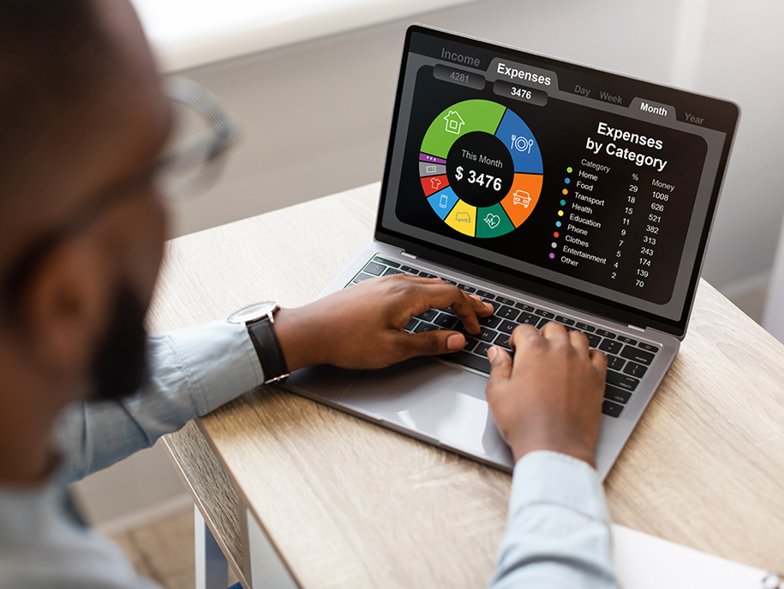Steps to Reduce Your Debt This Year
Setting resolutions for the New Year is a great way to challenge yourself to improve in various areas of your life. While there’s no limit to the goals that you can make, it’s always a good idea to take control of your finances by reducing your total debt. Here are a few tips to help you make more progress toward paying off your debts this year.

Avalanche vs. snowball methods
There are two main strategies for paying off your debts sooner: the avalanche method and the snowball method. With the avalanche method, you first focus on your loan with the highest interest rate since it typically ends up costing you more. This option allows you to continue making payments on all your loans but also bump up the monthly payment for the loan with the highest rate until it’s eliminated. You can ultimately save money with the avalanche method because you’re paying less over the lifetime of the loan.
On the other hand, the snowball method targets your loans from smallest to largest, paying them off in ascending order. You make the minimum payment on all your debts but add more to the monthly payment of your smallest loan. Once you’ve paid that off, you then shift the funds to the next smallest. You continue this process, moving funds through your loans until you reach the biggest one. This snowball effect means that each payment for the specific loan you’re targeting becomes larger and larger until you’re left with the highest, to which you can then make a more significant payment each month.
While there are pros and cons to each method, you should assess your own financial situation and determine which one works best for you. In addition to trying one of these strategies, you can also actively work to improve your habits in other areas to help you get out of debt.

Create and stick to a budget
Budgeting is a great tool that can help you take control of your finances, but it can also help you to pay your debts even faster than you may realize. When you budget, you’re being strategic with where your money is going every month. You can use the 50/30/20 method, where 50 percent of your income goes toward necessary living expenses, 30 percent is used on things you want, such as eating out and entertainment, and 20 percent is put directly into savings. This allocation of your funds is a great way to see where you’re perhaps spending too much and need to make changes in your habits to better meet your financial goals. And if your goal is to get out of debt sooner rather than later, then budgeting is a necessary step in the process of going debt-free.
Find ways to earn more and spend less
While you might roll your eyes at the age-old advice to simply earn more money, increasing your monthly income is actually an excellent way to pay down your debts. When you make more, you can dedicate a greater percentage of your income toward your debt payments, which in turn can help you to pay them off more quickly. You can pick up a part-time job on the weekends, start a passive income stream, or ask for a raise. If raising your income is out of the question, you could also cut down on your extra monthly expenses by spending less on eating out, entertainment, or travel. These can all be temporary changes that ultimately help you meet your financial goals.

Make all your payments on time
For anything that you’re paying off, be it credit cards, student loans, a car loan, or even your mortgage, it’s imperative that you make all payments on time. Late payments can increase the interest rate on a loan and hurt your credit score, which can have a long-term effect on your ability to be approved for loans in the future. Go ahead and do yourself a favor by setting up automatic payments to ensure that you’re not missing a payment and accruing late fees or a lower credit score.
Seek financial advice
If you feel overwhelmed by your debts or don’t know which path forward you want to take, it’s always a good idea to talk with a professional. Financial advisors and credit counselors can help you analyze your current financial situation and plan your next steps toward going debt-free, so don’t be afraid to ask for help when you need it the most.
Paying off your debts can be a long process, but simply adjusting your spending and being strategic with every dollar can help you to meet your financial goals quicker.


















